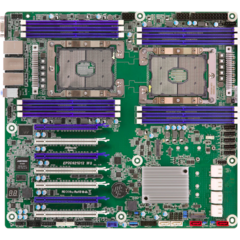Is hardware becoming to complex for the average programmer to take advantage of?
-
Featured Topics
-
Topics
-
12
-
7
-
0
-
AcidVinyl ·
Posted in Graphics Cards3 -
Phantasmagoria ·
Posted in Cooling2 -
BotherRed ·
Posted in General Discussion4 -
2
-
0
-
2
-
GOATWD ·
Posted in Operating Systems8
-




















Create an account or sign in to comment
You need to be a member in order to leave a comment
Create an account
Sign up for a new account in our community. It's easy!
Register a new accountSign in
Already have an account? Sign in here.
Sign In Now